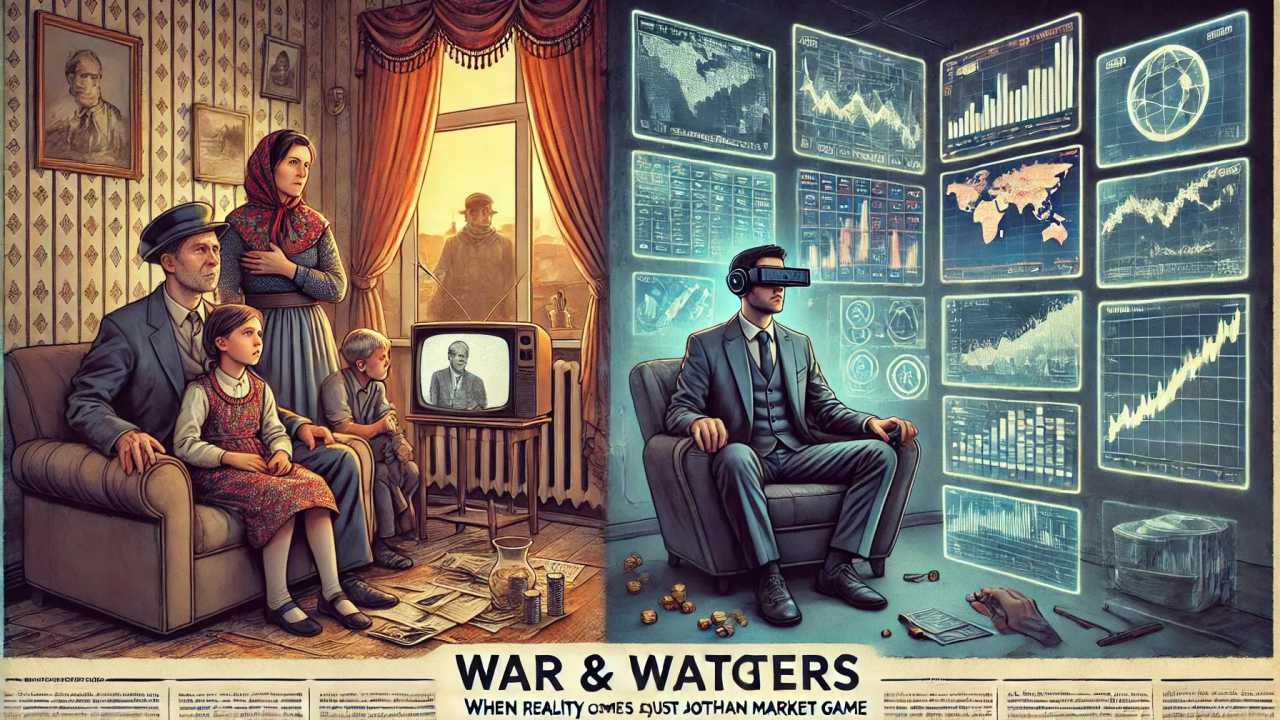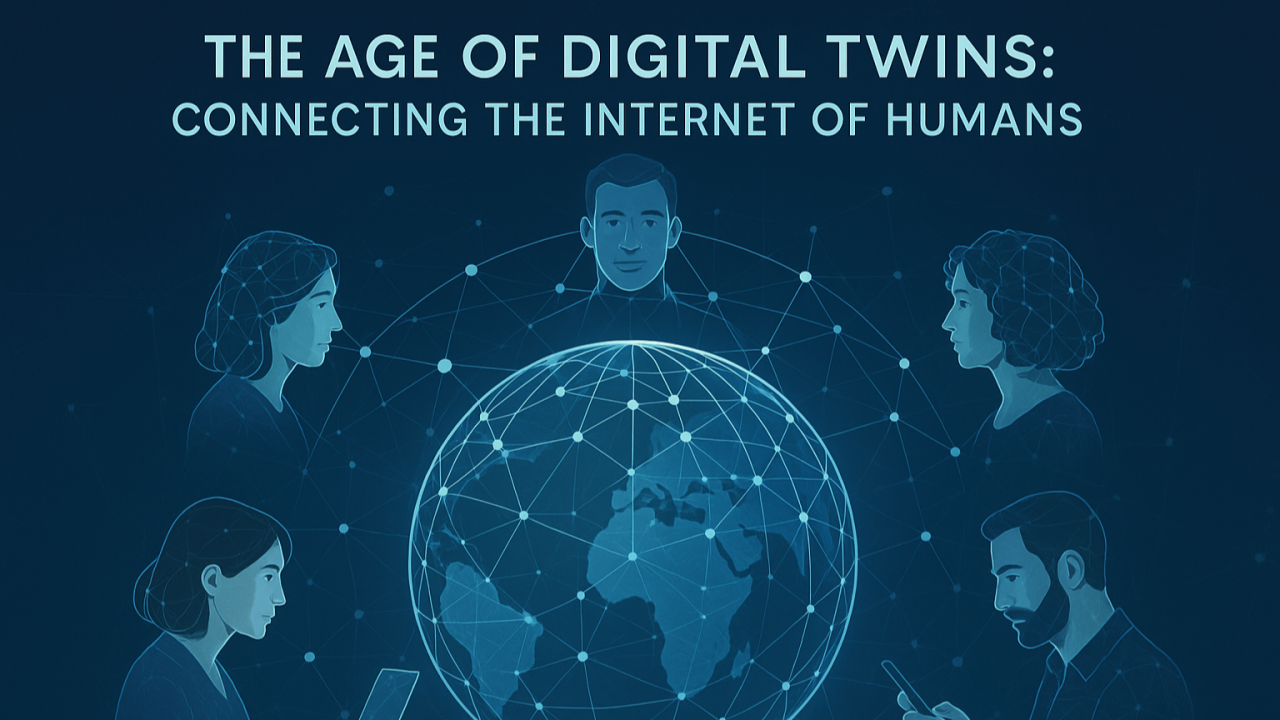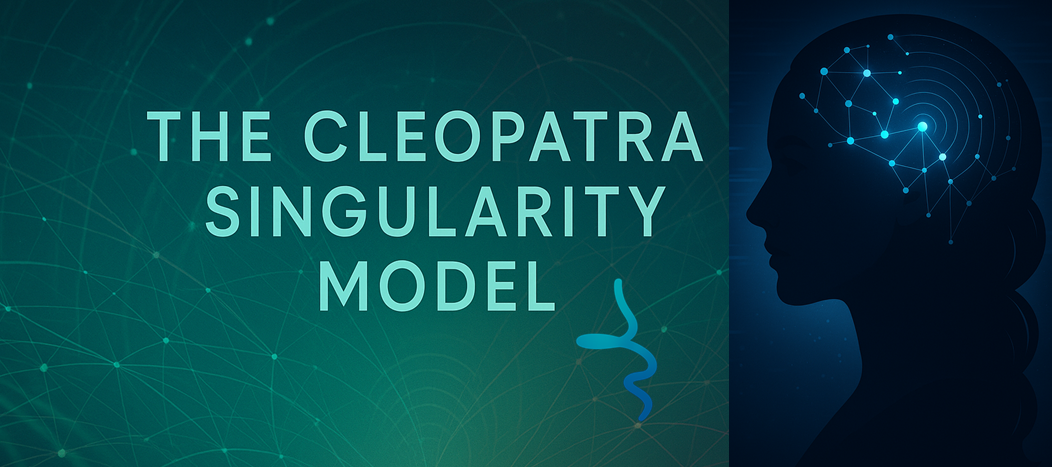

In Eastern Europe, where the air is thick with history and suspicion, people watch the Ukrainian war unfold with grim faces. They see the crumbling buildings, the refugees, and the never-ending cycle of tragic headlines. For them, the war is a tangible, painful reality. Meanwhile, across the ocean, Americans are logging into Polymarket and placing bets on when, how, and if the war will end.
Yes, you read that right. While some people are running for their lives, others are calculating the odds of Ukraine holding the line against Russia with the same enthusiasm they’d have for a Super Bowl wager. In Eastern Europe, war is a nightmare that interrupts daily life. In the U.S., it’s an investment opportunity.
For an average Joe in Poland, Hungary, or Slovakia, the idea that someone would profit from a war they see as very real feels grotesque. They watch their governments send aid, deal with refugees, and manage energy prices that fluctuate like a drunk acrobat on a tightrope. Their neighbors are directly affected, and yet, across the Atlantic, some dude in Ohio is casually asking, “What are the odds of Kyiv falling by next winter?” while sipping a pumpkin spice latte.
Polymarket, a decentralized betting platform, is a perfect example of how detached financial markets can be from human suffering. Users can bet on whether Putin will still be in power by 2025, if Ukraine will join NATO, or if peace talks will happen before the year is out.
To Americans involved in the betting scene, these aren’t moral questions—they’re just market variables. The more uncertain the outcome, the higher the potential payout. The war is just another unpredictable event, no different from Elon Musk’s latest scandal or the next big cryptocurrency crash.
The cultural gap is obvious. In Eastern Europe, people stock up on fuel, stress about military drafts, and debate if their country is next on the invasion list. Meanwhile, across the ocean, a completely different game is being played.
Eastern Europeans get daily reminders that the war isn’t some abstract geopolitical drama—it’s right there, on their borders. The concept of betting on it seems absurd, if not downright dystopian. For Americans, it’s another way to make money in a world where everything—literally everything—has a price.
Perhaps this difference is best summed up like this:
In Eastern Europe, people are checking if their basements can be converted into bomb shelters. In America, they’re checking if they can profit off World War III.
The lesson? Reality is a matter of perspective—and, apparently, investment strategy.
Lorem Ipsum is simply dummy text of the printing and typesetting industry

